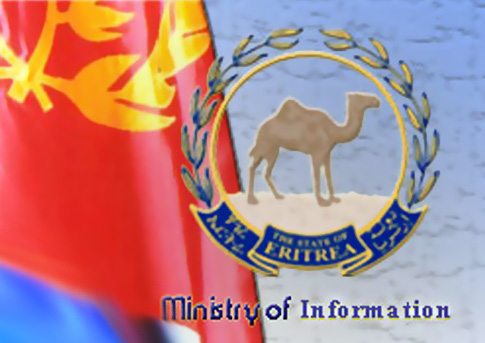Ali Mohamed Hussein, former leader of al-Shabaab forces in the Banadir region, said last week he is willing to condemn the group and separate from it, a move that analysts expect to exacerbate divisions within the group.
Hussein asked for forgiveness from residents of Mogadishu and all Somali people who had been harmed by the actions of al-Shabaab during his tenure, government-run Radio Mogadishu reported on Thursday (May 17th).
Hussein, who remains in hiding and has not officially joined the Somali government, said he would like citizens to provide him with information on those he wronged in order to seek reconciliation and pardon.
"If I had the opportunity, I would directly address the public and officially condemn al-Shabaab," he said. "I would also ask for people’s forgiveness. I am willing to do that if I have the chance to apologise."
Hussein’s comments come during a deepening crisis of confidence among al-Shabaab leaders due to mounting military pressure from Somali government and AMISOM forces, analysts say.
Political analyst Muhyadin Ahmed said Hussein’s statement was an "unprecedented development" in the history of al-Shabaab. "This is the first time that a prominent leader within the ranks of al-Shabaab has expressed his willingness to apologise to the public and ask the people for forgiveness," Ahmed told Sabahi.
He added that Hussein’s willingness to defect from al-Shabaab reflects his resentment of the group’s activities and the "barbaric" attacks they carry out against civilians.
"The announcement made by Hussein might be an indication that he wants to leave the group and to surrender to the government, taking advantage of the amnesty offered to members of al-Shabaabwho voluntarily hand themselves in," Ahmed said. "If Hussein chooses to join the peace process and abandon violence, then it is a brave step that might motivate other leaders in al-Shabaab, especially the moderates, to choose this path before it is too late."
Since the Somali government announced their offer of amnesty, several al-Shabaab fighters have defected and surrendered to government officials.
Ahmed said al-Shabaab is nearing a state of internal fighting among its leaders, especially between radical jihadists and moderates.
"Al-Shabaab’s leader [Mukhtar Abu al-Zubayr, also known as] Ahmed Godane will fight tooth and nail to suppress his opponents in any way possible to prevent a split among the most senior of his men," Ahmed said. "As for the moderate leaders among his opponents, they will fight to secede from the movement and either form a new group or join the government."
Ahmed said Godane’s ban on political parties in areas under his control in March angered group leaders such as Sheikh Hassan Dahir Aweys and Sheikh Mukhtar Robow, also known as Abu Mansur.
Osman Yusuf, a political analyst who monitors the affairs of al-Shabaab, also said that al-Shabaab suffers from deep fissures and disagreements among its leadership.
"There have been indications and dramatic developments that point to increasing differences among the leaders of al-Shabaab," he told Sabahi.
Yusuf said Hussein’s willingness to defect strongly indicates a crisis of confidence among leaders of the group who have become desperate because recent military defeats have put pressure on the group. "Since al-Shabaab announced it had joined al-Qaeda in February, differences have risen dramatically and have developed into a conflict among the group’s leadership," Yusuf said.
Political analyst and university professor Mohamed Hassan told Sabahi that the unrest among the group’s leadership has become more evident after foreign jihadist Omar Hammami, also known asAbu Mansour al-Amriki, was arrested in March after releasing a recording saying he feared for his life because of strategic and ideological differences among al-Shabaab leaders.
"These differences were exacerbated after the public criticism hurled from a senior leader in the group, Sheikh Hassan Dahir Aweys, against other leaders. Then came criticism from Ali Mohamed Hussein, which reflects the extent of the crisis of confidence among the leaders of al-Shabaab," Hassan said. "We will see more al-Shabaab leaders turn against their commander."
Hassan called on the transitional government and citizens to work together to welcome dissident leaders and fighters who want to surrender to the government. He said defectors should be provided with security and protection, to encouraging others to leave al-Shabaab and join the peace process.
Source: Sabahi Online – May 22, 2012
**************
Check the Somalia archive or the Terrorism archive for related news and analyses.





